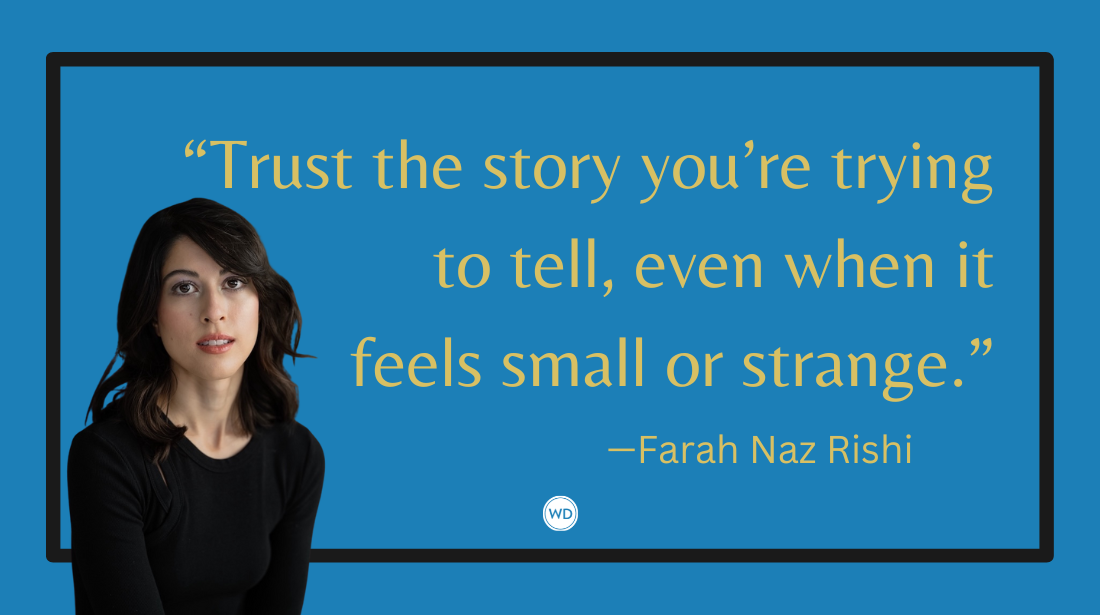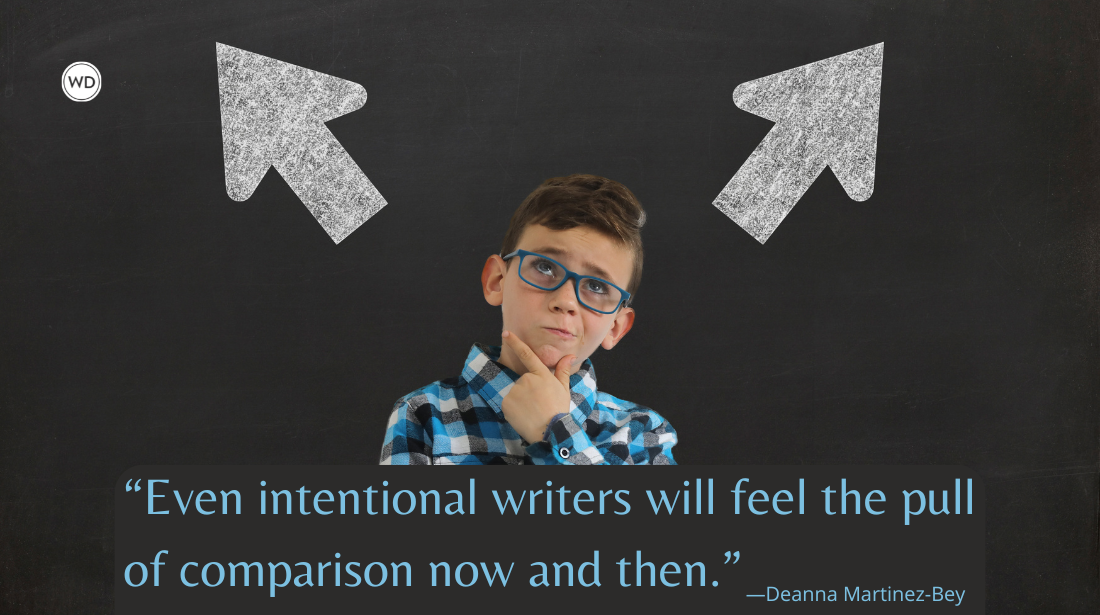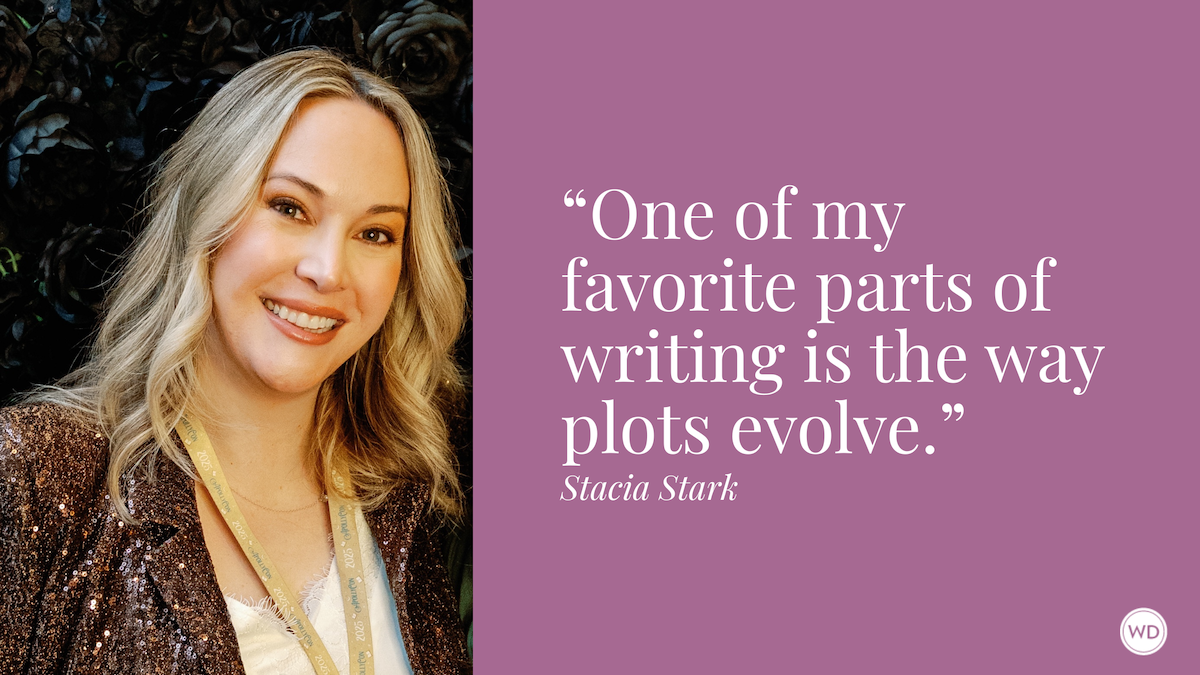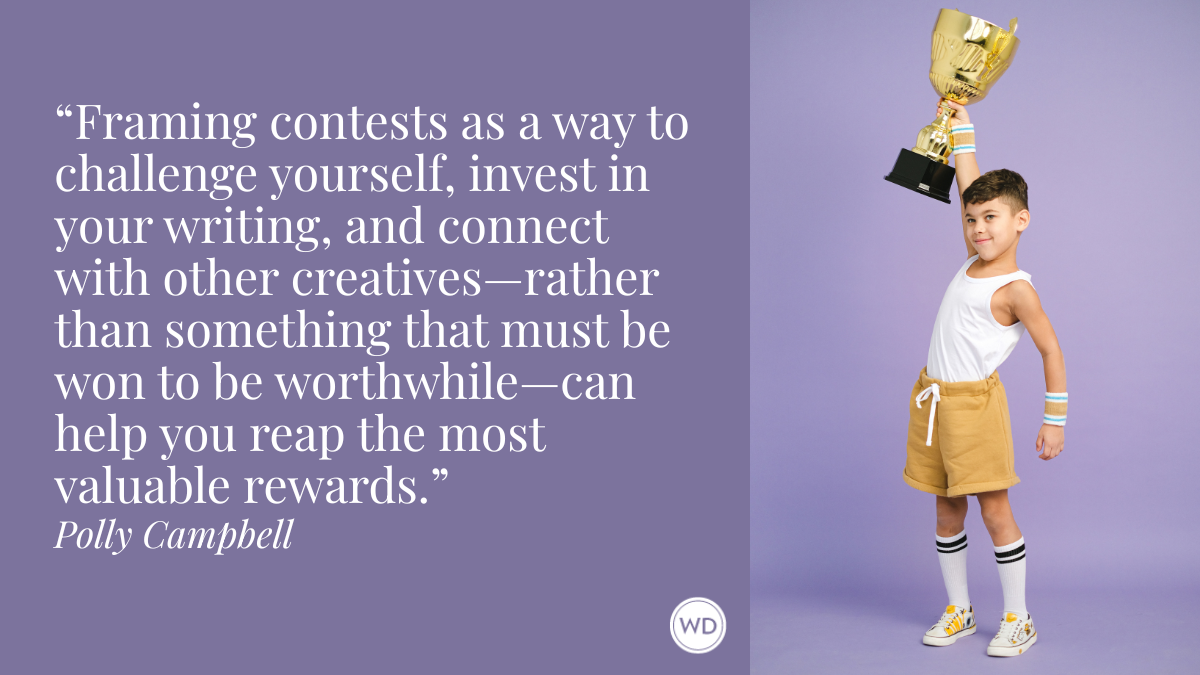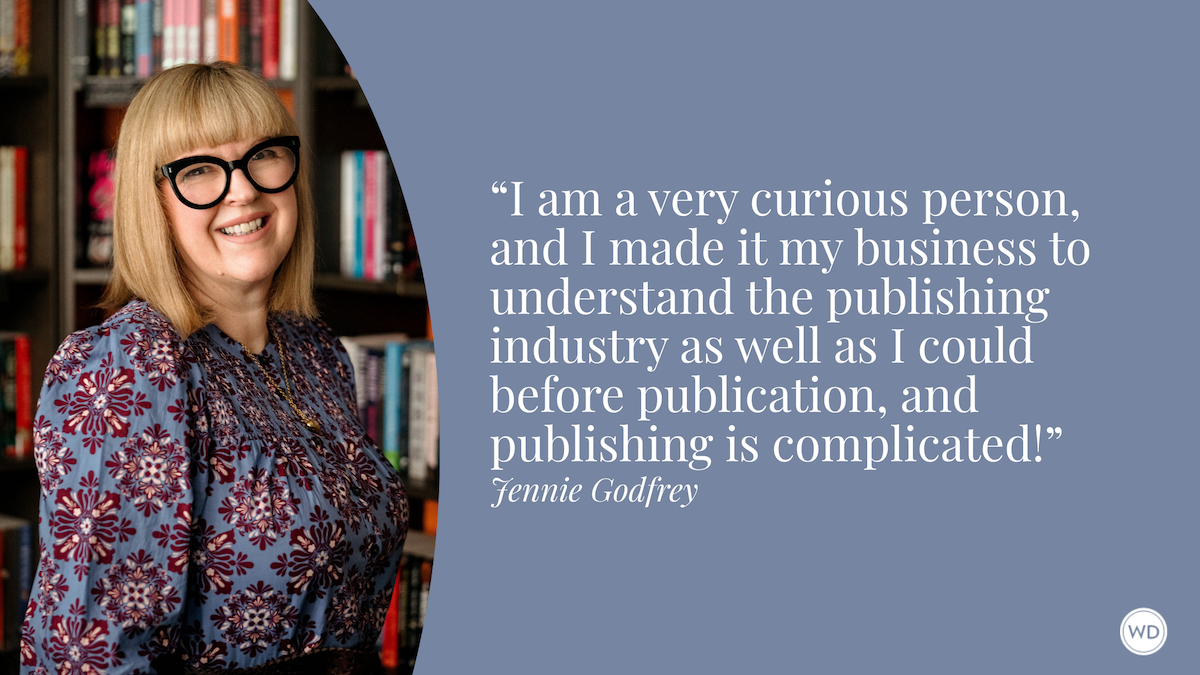7 Things To Do When You Want to Give Up (Instead of Giving Up)
There are a lot of challenges and rewards to being an author, and one of the greatest (and sometimes brutal) challenges is getting published. I think we’ve all seen people…
There are a lot of challenges and rewards to being an author, and one of the greatest (and sometimes brutal) challenges is getting published. I think we’ve all seen people magically picked up by publishers out of nowhere, but my experience is that they usually know someone in the business. For me, it was a slog that took more than ten years and hundreds of rejections from agents and editors.
Then, in the past two and a half years, I signed contracts for fourteen books with three different publishers. Eight of the books are out now, and the rest will be out shortly. When people think that because I started selling books in my twenties I must have somehow cheated to get ahead, I tell them my history: I started submitting to agents and editors when I was in middle school. I was already writing novels then, and despite having a growing readership and being highlighted by the Los Angeles Times at the age of 14, I was still up for years of constant rejection. That’s how hard of a business this is, and it shows that if you want to write, never give up.
So if you’ve been submitting and not getting anywhere, here are some suggestions of things you can do instead of giving up, and all these things can help you on your path to publication.
This guest post is by Danica Davidson. Davidson is the author of the Minecrafter adventure books Escape from the Overworld, Attack on the Overworld, The Rise of Herobrine, Down into the Nether, The Armies of Herobrine and Battle with the Wither; the art guide Manga Art for Beginners; and the graphic novel Barbie: Puppy Party. Escape from the Overworld and Attack on the Overworld are both available from the prestigious and selective Scholastic Book Fair for second through sixth graders. She will soon be releasing a Minecrafter spinoff series, the book Manga Art for Intermediates, a book on hate crimes for young people and more comics in the Barbie and Tales from the Crypt franchises. Previously her journalism has been seen in MTV, CNN, The Onion, Los Angeles Times, Publishers Weekly, Booklist and Ms. She is represented by literary agent James Fitzgerald. Connect with her on Twitter @DanicaDavidson.
1. Revise
One of the most important things I learned — and one of the things I used to resist most — is revising. If your book is being rejected, it might not be because it’s a “bad” book. It might just be it needs some revising, because all books do. For me, revising often means cutting back so that the prose moves smoothly. Don’t say something in a paragraph you can say in a sentence. It sometimes can also mean adding to a scene because its full meaning isn’t there yet. There are freelance editors out there (some of whom worked as professional editors for publishers beforehand) who will help you edit. This can be expensive, though, so there are also options of joining writers groups in person or online. You can also talk to people you know who are knowledgeable about your genre, as long as they’re also willing and able to give you good constructive criticism.
2. Publish elsewhere
Even if you can’t get your book published (yet), that doesn’t mean you can’t publish elsewhere to build up your résumé. When I was in high school, I started writing for a local newspaper. I’d take these articles and send them to bigger places, showing them that I was a professional writer and could work for them, too. By doing this, I eventually worked my way up to writing for MTV, CNN, The Onion, Publishers Weekly and Booklist, among other places. Once agents and editors see that big-name places are willing to hire you, they pay more attention. (A lot of these places I got into initially by writing about manga for them — I have an interest in Japanese comics and they needed people to cover this. Your interests might be what you can sell, which is win-win.) But keep in mind I didn’t reach MTV overnight — I started out with that local paper and kept moving up. Blogging is also a way to potentially get your name out there. It doesn’t necessarily have the same oomph to publishers as a paying market, but if you get enough followers, publishers ought to take heed.
3. Build a Platform
Publishers and agents often say they want to see a platform. In other words, they want to see you brand yourself and have followers. While working on your book and submitting, find good ways to get yourself known. Publishing elsewhere (see above) can be a useful move for this part, but it’s not limited to that. Some people also use social media to build their own platform by finding an audience there. Other people have gotten attention through important work that they do. This is really quite limitless.
4. Network
Book conventions are a great place to network, because there unfortunately is truth to “It’s not what you know, it’s who you know.” However, I couldn’t afford to travel and go to conventions, and I know many writers have this same issue. So almost all the networking I did was online, and LinkedIn was especially useful. I would ask someone to link with me, and if they did, I’d send a brief and polite message thanking them, telling them a little about myself (a sentence or two will due) and saying I’d be interested in networking. Don’t just make it about you — help them, too. A lot of times I would help publicize work of theirs I admired for one of the places I wrote for, so it’s mutually beneficial. The best business, I believe, comes from helping one another.
5. Have More Than One Project
I was writing full-time for MTV, freelancing for other publications and submitting a YA novel through my agent . . . when I sold my first book, which wasn’t the YA one. It was actually a book on manga, based on my background reviewing, reporting, adapting and editing manga. Sometimes the things that get you in the door are not the things you expect. Have an open mind and have some fun!
6. Remember You Are Not Alone
Sometimes after getting rejection letters, it helped to hear from other writers experiencing the same thing. I worked toward being an author every day for years, without break, and it was often exhausting and demoralizing. Believing in yourself doesn’t mean you think everything you write is perfect and you can do no wrong, but it means you know you can make this work. Rejection is not a sign that it will always be rejection. The writers who get published as the ones who don’t give up and who keep bettering themselves, not the ones who get rejection letters.
7. Love Writing
Because being a professional author can be such a challenge, always remember the number one thing: you want to be a writer because you love writing. Now get out there and show them what you’ve got!
If you're looking to master everything from dialogue to different
styles of grammar, you'll get the best tools available for writing
fiction in this Write Great Fiction Collection of 12 great writing resources.
Click here to buy it now.
Thanks for visiting The Writer's Dig blog. For more great writing advice, click here.
Brian A. Klems is the editor of this blog, online editor of Writer's Digest and author of the popular gift bookOh Boy, You're Having a Girl: A Dad's Survival Guide to Raising Daughters.
Follow Brian on Twitter: @BrianKlems
Sign up for Brian's free Writer's Digest eNewsletter: WD Newsletter
Listen to Brian on: The Writer's Market Podcast
Brian A. Klems is the former Senior Online Editor of Writer’s Digest, and author of Oh Boy, You’re Having a Girl (Adams Media/Simon & Schuster). Follow him on Twitter @BrianKlems.




